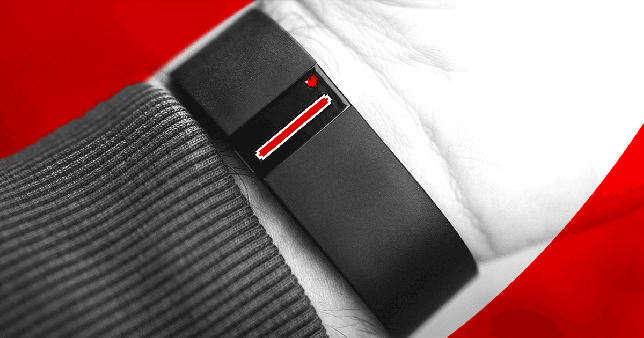
Just because we’re now allowed to go back to the gym, doesn’t mean we’re motivated.
When it’s the choice between seeing friends you’ve been isolated from for over a year, or a spin class… the decision for many will come without a moment’s hesitation.
If you’ve had a period of inactivity, you might be worried about losing any ‘gains’ and your general fitness levels depleting.
It might come as a relief to hear that having a few weeks off won’t completely take you back to square one.
Jack Young, a PureGym personal trainer, says that when you stop training, the body will change gradually.
‘The rate at which your body composition changes when you stop training will largely depend on your genetics and other lifestyle factors,’ he explains.
‘If you stopped training completely but still maintained your efforts on your nutrition, recovery, physical activity and hydration, the rate of change will likely to be slower than if you had not maintained those efforts.
‘The difference noticed can vary from two to weeks with incorrect nutrition to one to two months with maintained nutrition.
Initially the process will begin with muscle fullness slowly looking ‘softer’, which is ‘due to the glycogen depletion within the muscles’.
He adds: ‘After that, muscle atrophy sets in at a steady rate alongside possible fat gain due to lack of regular exercise.
‘Breaking down the basic science of muscular atrophy itself is simple: without enough consistent overload, use and/or recovery, your muscle fibres will shrink due to the slowing down of protein synthesis and the adaptation to minimal stress.’
If you can’t train normally, whether due to a lack or time or an injury, Jack advises the goal should be ‘damage control’, which can be done through maintaining your protein intake and working on muscle flexibility.
How long does it take to get your fitness levels back?
‘The good news is that when it comes to strength training and muscle building, you efforts prior are not lost,’ Jack reassures us.
Due to ‘muscle memory’, even if you’ve lost muscle you won’t be working from scratch all over again.
During a workout, you create neural pathways in your central nervous system – even when you stop exercising, the pathways remain.
‘This allows muscle and strength to be built back up faster than the first time, as essentially your muscles already know the way to do it,’ he adds.
Cardiovascular training is a little different as your system doesn’t grow and repair like muscles do.
However, it’s still responsive to progressive overload.
‘Whilst your heart will not experience the same muscle memory system as other groups, the muscles supporting cardio (such as your abdominals, diaphragm muscles etc) will,’ Jack says.
‘But with this said, make sure to build up gradually, to allow your body to adjust to your training before amping up the intensity.’
Depending on how your lifestyle has changed since your last workout, regaining fitness levels can take two to 12 weeks.
It’s important not to go straight back to where you left off as that could cause injury.
Source: Read Full Article
